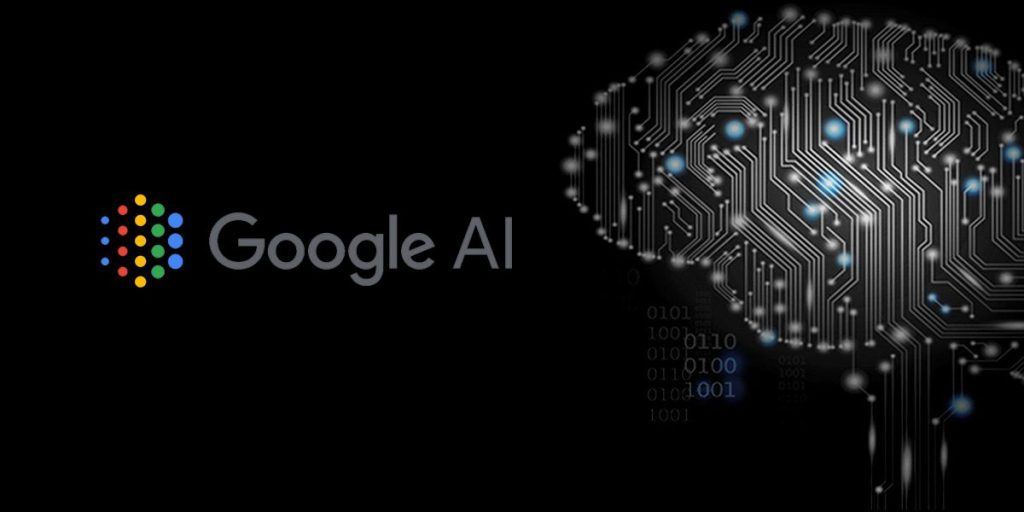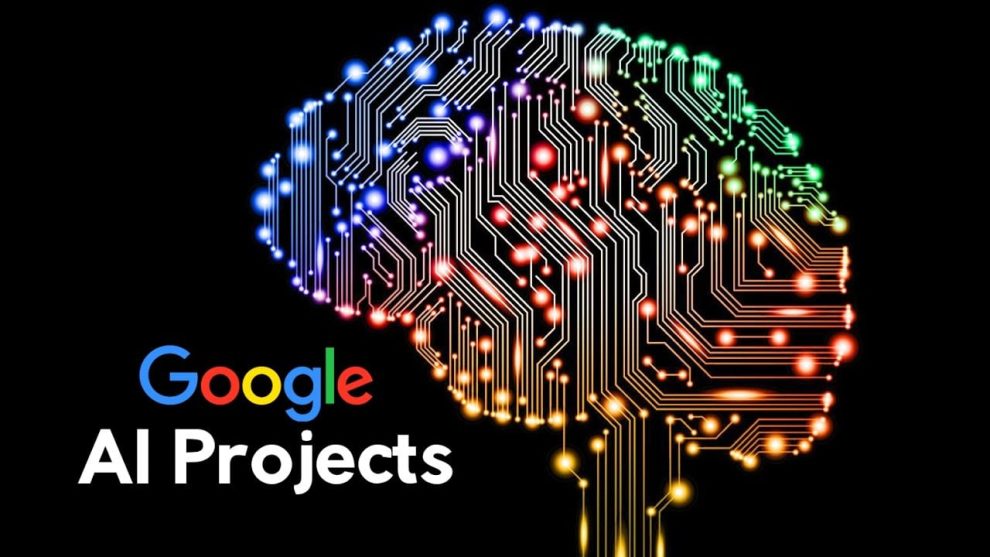
Faced with a potential PR disaster, Google swiftly moved into damage control mode. A company spokesperson acknowledged the issues and claimed that Google is “taking swift action where appropriate under our content policies.” This action, however, has largely consisted of manually removing the AI Overview feature from specific search queries known to generate false information, a temporary fix at best.
The Key Issues at Play
This incident brings to light critical questions about the development and deployment of AI technology, especially when it comes to the dissemination of information. Here are the key issues at play:
- Data Bias: AI systems are only as good as the data they are trained on. The internet, while a vast repository of information, is also a hotbed for misinformation and bias. If an AI is not equipped to critically evaluate its sources, it will inevitably perpetuate these biases in its outputs.
- Transparency and Explainability: Many AI systems operate as black boxes, making it difficult to understand how they arrive at their conclusions. In Google’s case, the AI Overview simply presented its “findings” without any explanation of its reasoning or sources. This lack of transparency undermines user trust and makes it impossible to identify and address potential biases.
- The Human Factor: While AI offers great potential, it should not be a replacement for human oversight. Google’s initial response of manually removing problematic AI Overviews highlights this need. What happens when the volume of misinformation becomes too large for human intervention?
The Way Forward
The fallout from Google’s AI blunder extends beyond a few embarrassing headlines. It represents a critical juncture in the development of AI technology. Moving forward, Google and other tech companies must prioritize the following:
- Rigorous Data Curation: Implementing robust processes to ensure the quality and accuracy of data used to train AI systems. Techniques like fact-checking and data triangulation can help mitigate the spread of misinformation.
- Focus on Explainable AI (XAI): Developing AI systems that can explain their reasoning and decision-making processes. This allows for user trust to be built and enables developers to identify and address potential biases within the system.
- Human Oversight: AI systems should be designed to work in conjunction with, not replace, human expertise. Human intervention is crucial for identifying and correcting errors, and for ensuring that AI technology is used ethically and responsibly.
Conclusion
The quest for innovation in the field of AI should not come at the expense of truth and reliability. Google’s recent misstep serves as a wake-up call for the entire tech industry. As we move forward, we must ensure that AI is a tool for empowerment, not exploitation, and that our search for information doesn’t lead us down a rabbit hole of digital deception.
The development of AI technology is at a crucial crossroads. We have the opportunity to shape its future, to ensure that it serves the interests of truth, transparency, and the greater good. It is a responsibility that we, as a society, must take seriously. The alternative is a world where the line between fact and fiction is increasingly blurred, where the very tools meant to enlighten us are instead used to mislead and manipulate.
Google’s AI blunder is a stark reminder of the challenges we face. But it is also an opportunity, a chance to course-correct and to reaffirm our commitment to the principles of integrity, accountability, and transparency. The path forward is clear. It is up to us to take it.
















Add Comment